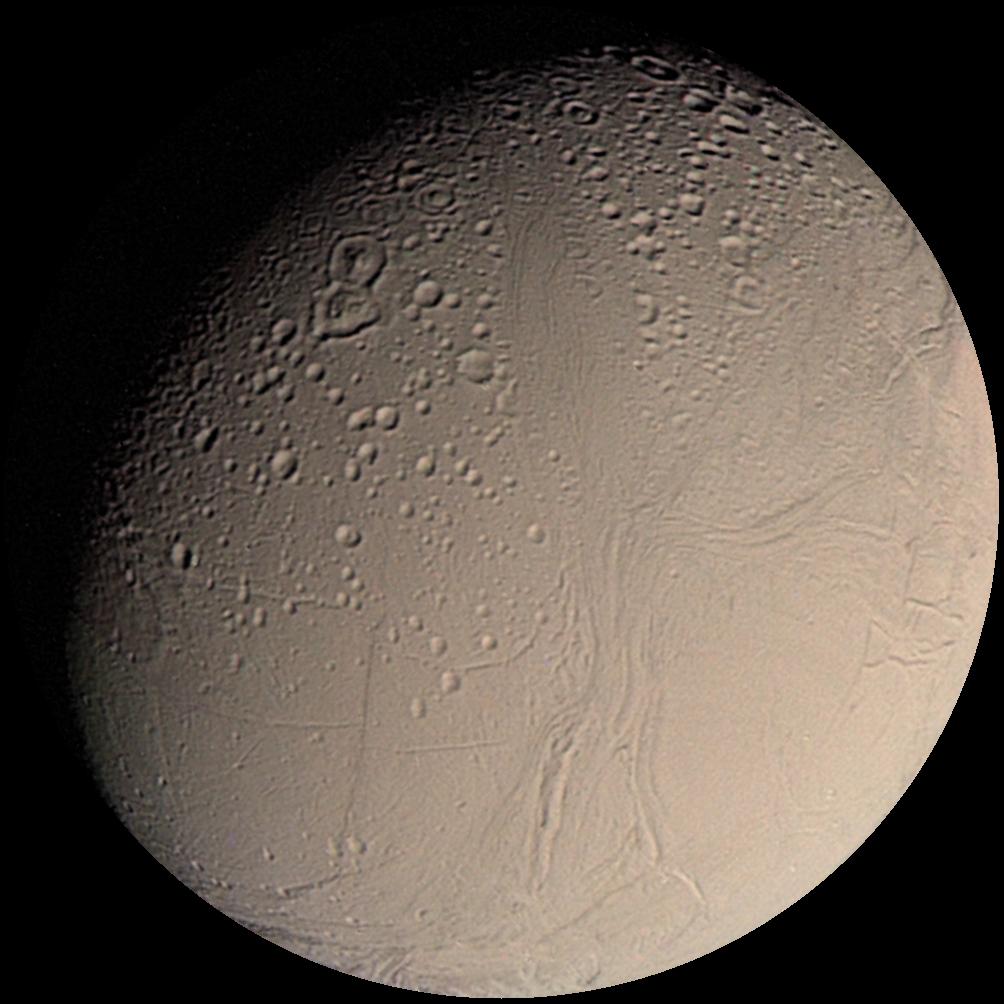Using the thankfully soon-to-be-refurbished Hubble, astronomers find more evidence of “dark energy” in the early universe working along the lines of Einstein’s famous fudge factor, the cosmological constant, to combat a gravitational crunch. “‘Dark energy makes us nervous,’ said Sean Carroll, a theoretical physicist at the California Institute of Technology who was not involved in the supernova study. ‘It fits the data, but it’s not what we really expected.’“
Tag: NASA
Dispatch War Rocket Ajax.
As threatened in the past, Dubya has apparently signed a new National Space Policy that heavily emphasizes the weaponization of space. “Theresa Hitchens, director of the nonpartisan Center for Defense Information in Washington, said that the new policy ‘kicks the door a little more open to a space-war fighting strategy’ and has a ‘very unilateral tone to it.’“
“A” Moon…
If you believe they put “a” man on the moon, then there’s nothing up my sleeve, and nothing is cool. Also, you’ll have no problem with the recent update to Neil Armstrong’s famous first words there. Score one for the lunar grammarians.
Martian Melee.
“‘We certainly have not convinced the community, and that’s been a little bit disappointing,’ said David McKay, a NASA biochemist and leader of the team that started the scientific episode.” Ten years later, CNN summarizes the simmering scientific dispute over a Martian meteorite, and the possible (albeit now seemingly quite unlikely) signs of life within.
Voyage of Discovery.
“‘This is the cleanest orbiter than anyone ever remembers seeing,” Griffin said in a post-landing news conference. He added that with Discovery’s successful completion of all its on-orbit tasks, it had finished ‘as good a mission as we have ever flown.'” Congrats to the crew of Discovery on a safe and successful landing.
The Rockets’ Red Glare.
A belated happy 230th Independence Day to you and yours, and here’s hoping the recent spate of scary news (North Korean missiles, incipent war in Gaza) didn’t detract too much from the festivities in your parts. (Also, with regards to more joyous fourth of july rocket launches, congrats to the crew of Discovery STS-121 on a successful return to space yesterday.)
Climate Control.
The WP files another dispatch regarding Dubya’s war on science: “Employees and contractors working for the National Oceanic and Atmospheric Administration, along with a U.S. Geological Survey scientist working at an NOAA lab, said in interviews that over the past year administration officials have chastised them for speaking on policy questions; removed references to global warming from their reports, news releases and conference Web sites; investigated news leaks; and sometimes urged them to stop speaking to the media altogether. Their accounts indicate that the ideological battle over climate-change research, which first came to light at NASA, is being fought in other federal science agencies as well.”
Nothing Ever Happens on Mars.
“I think that this mission will re-write the science books on Mars.” More happy space news following the discovery of water on Enceladus: NASA successfully pilots the Mars Reconnaissance Orbiter into Martian orbit. “It was picture perfect. We could not have planned it any better.” (Phew…looks like everyone successfully converted to metric this time.)
Eye on Enceladus.
 “All these worlds are yours, except Europa…oh, and Enceladus.” In very big news, NASA announces that Cassini has found water plumes on Enceladus, Saturn’s moon. “This finding has substantially broadened the range of environments in the solar system that might support living organisms, and it doesn’t get any more significant than that…I’d say we’ve just hit the ball right out of the park.” What’s more, “unlike Europa, which researchers believe harbors a vast ocean beneath kilometers of thick ice, Enceladus’ water may be just below the surface.”
“All these worlds are yours, except Europa…oh, and Enceladus.” In very big news, NASA announces that Cassini has found water plumes on Enceladus, Saturn’s moon. “This finding has substantially broadened the range of environments in the solar system that might support living organisms, and it doesn’t get any more significant than that…I’d say we’ve just hit the ball right out of the park.” What’s more, “unlike Europa, which researchers believe harbors a vast ocean beneath kilometers of thick ice, Enceladus’ water may be just below the surface.”
On Avatar and Mars.
More James Cameron news: Harry of AICN has a wide-ranging conversation with the director which, if you can get past the usual Knowlesisms, reveals that Project 880 is in fact Avatar, and that Cameron has been working with NASA on a “Live Video Stereo Motion Image” (3-D) camera for the next Mars Rover.
